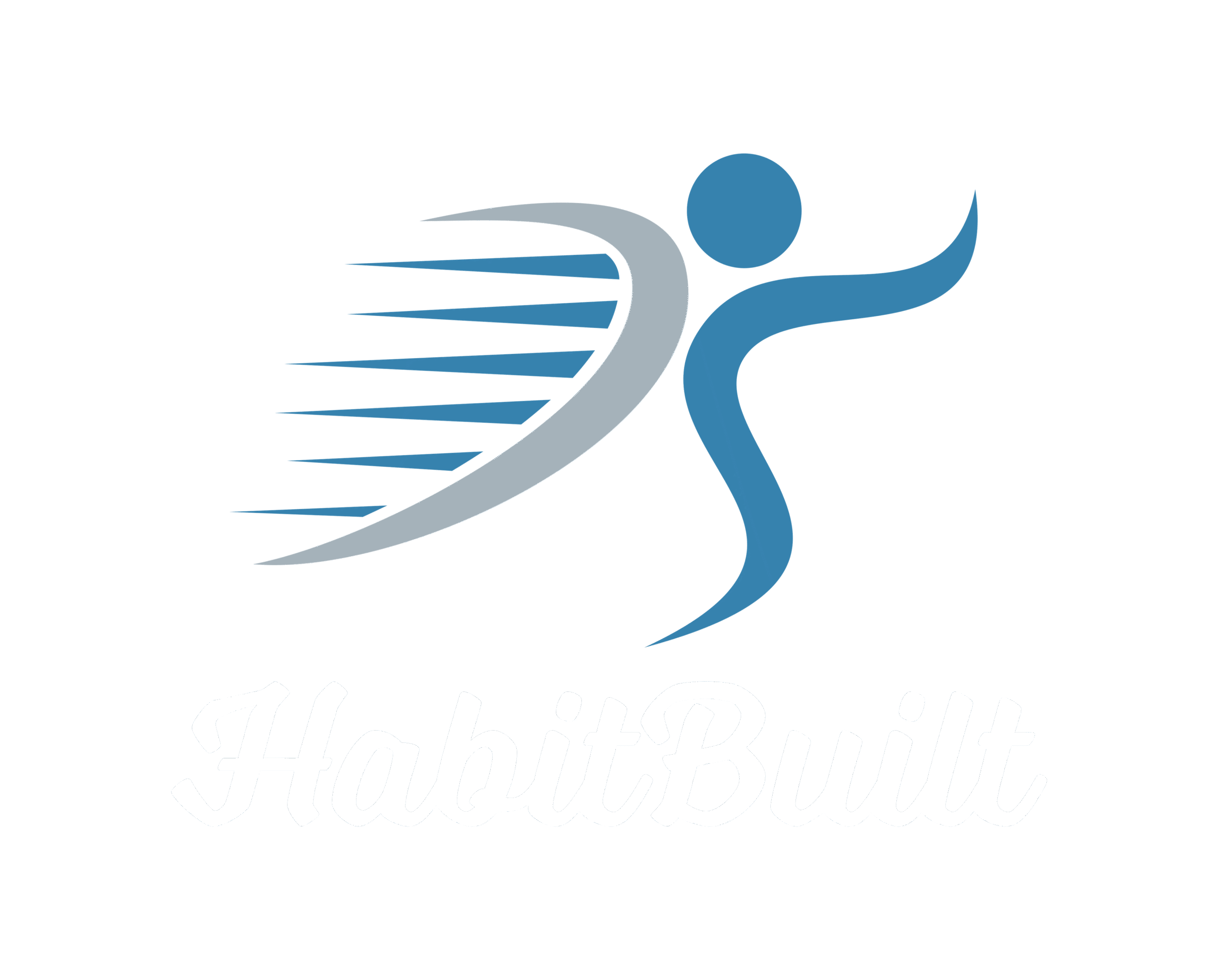Motivation is like the fuel that keeps the engine of our ambitions running. Without it, even the most exciting dreams can grind to a halt. It’s what pushes us to achieve personal and professional growth, whether we aim for career advancement, personal development, or anything in between.
Now, motivation comes in two flavors: intrinsic and extrinsic. Intrinsic motivation is driven by internal rewards. It’s that feeling of satisfaction when you complete a project purely because you love the challenge or learning something new. Extrinsic motivation, on the other hand, involves external rewards. Think money, awards, or even social recognition. Both have their place, but knowing which motivates you more can make a huge difference when crafting a plan for long-term success.
Sometimes, we hit roadblocks that stand in our way. Common barriers to sustained motivation include fatigue, self-doubt, and even external pressures. By identifying these hurdles early on, you can develop strategies to tackle them head-on and prevent them from derailing your plans.
Understanding your ‘why’ is perhaps the most critical aspect of any motivation plan. Your ‘why’ acts as your north star, guiding your decisions and keeping you on track. This is why it’s super important to dig deep and get to really know yourself. What drives you? What are your values? This knowledge forms the backbone of any effective motivation plan.
Crafting Your Personal Motivation Plan: Steps to Get Started
Setting realistic, actionable goals is the first step to laying down a motivation plan that’ll stand the test of time. Instead of going big and vague, like aiming to become “successful,” break it down. Want a promotion? Focus on improving specific skills or networking more effectively.
Aligning your goals with your personal values is a game changer. Ever felt off when working toward something? It’s possible the goal didn’t sync up with what you truly care about. When there’s alignment, motivation flows naturally. Spend time identifying and understanding your core values and make sure your goals are a match.
Once your long-term goals are clear, it’s time to slice them up into manageable tasks. This way, each task feels doable and you can see progress more frequently, which keeps motivation high. Consider adopting methods like the SMART (Specific, Measurable, Achievable, Relevant, Time-bound) framework to work out the details of your roadmap.
Rewards play a key role in keeping us going. Reward yourself not just when you hit the big milestones, but also for the smaller wins along the way. This could be as simple as a favorite snack after a productive week or a bigger treat for hitting those mid-term goals. You’ll find the journey itself becomes more enjoyable and less of a slog.
Dealing with Setbacks: Maintaining Motivation Through Challenges
Setbacks are part and parcel of any journey. Anticipating possible challenges and preparing yourself mentally can equip you with the resilience needed to bounce back. The more prepared you are for bumps in the road, the better you’ll handle them without losing momentum.
Procrastination can be a sneaky motivation killer. Combatting it requires nifty strategies like the Pomodoro Technique or simply setting timers for breaks and focused work sessions. By staying on top of procrastination, you’ll find it easier to maintain focus and make consistent progress.
Using peer support and accountability can give you that extra push when self-motivation wanes. Sharing your goals with friends or joining groups with similar interests can provide motivation through collaboration and shared commitment. Sometimes, knowing someone else is rooting for you makes all the difference.
It’s totally fine to revise your motivation plan when things aren’t going as planned. A setback doesn’t mean starting from scratch—it might just be an opportunity to tweak your plan for better results. Reflect on what’s working and what isn’t, then make the necessary adjustments. Your motivation will thank you for it.
Sustaining Motivation: Developing Long-Lasting Habits for Success
Habits are the unsung heroes when it comes to sustaining motivation over the long haul. When you transform tasks into habits, they become second nature and require less conscious effort. Start small, focus on consistency, and gradually build upon each new habit.
Keeping an eye on your progress through self-assessment is vital for ongoing motivation. Regular check-ins allow you to celebrate how far you’ve come and identify areas that need a little fine-tuning. Adjusting your approach as you learn ensures you’re always moving in the right direction.
Mindfulness and reflection can really boost your motivational mojo. Taking time to reflect on your daily achievements or practicing mindfulness techniques can help you stay present and focused. Plus, it boosts your emotional resilience, making it easier to tackle future challenges.
Technology can be a great ally in keeping motivation high. There are apps and tools that track your habits, remind you of goals, and even reward you for progress. By leveraging these digital resources, you keep motivation interactive and engaging, giving you that extra nudge to keep pushing forward.

